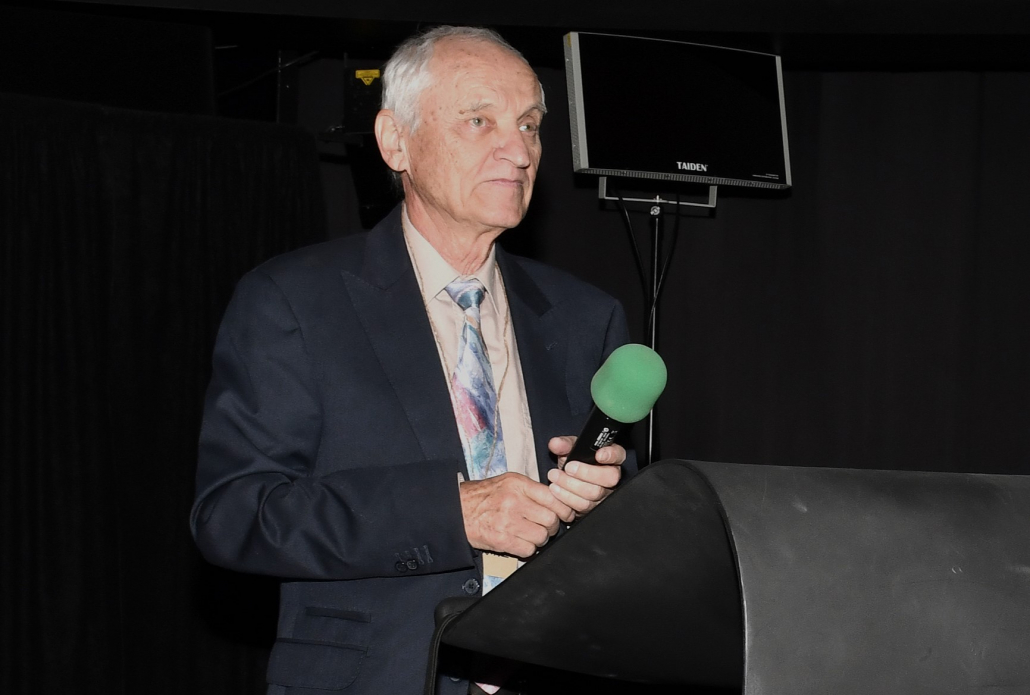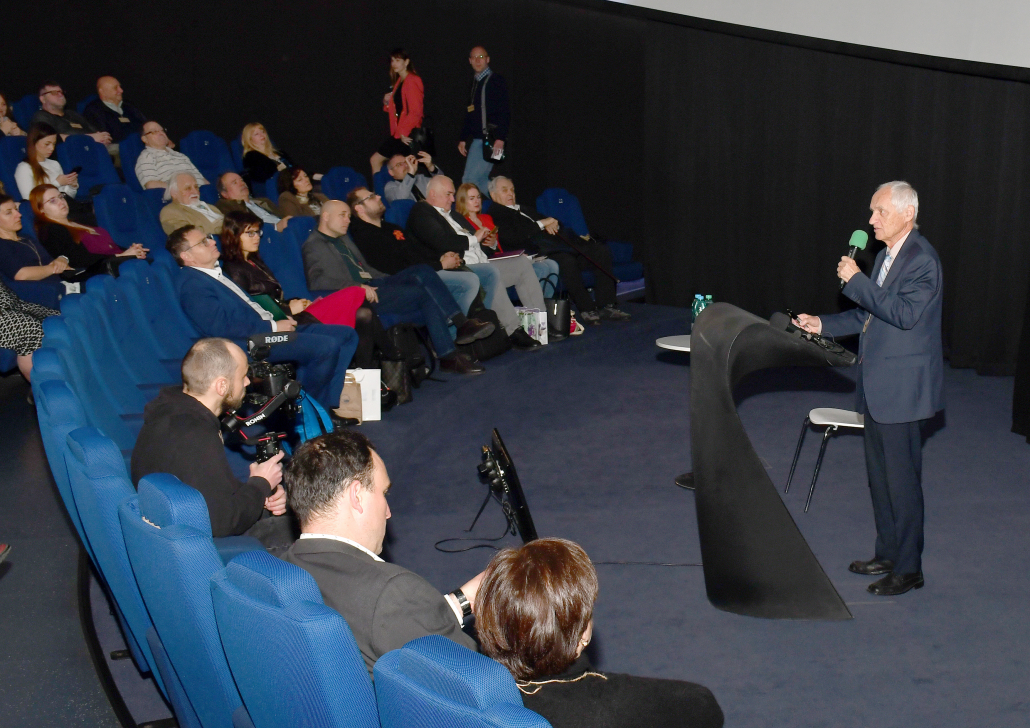“By legalizing cannabis, recreational consumption has not increased anywhere yet,” says scientist Lumír Hanuš
Chemist Lumír Ondřej Hanuš is a legend in the field of cannabis science. He was born in Olomouc and spent a significant part of his professional life at the local university. In 1990, Professor Raphael Mechoulam invited him to Israel, where he still works at the Hebrew University of Jerusalem. He was the first to isolate anandamide, an endogenous cannabinoid neurotransmitter. Thanks in part to Hanuš’s discoveries, cannabis has emerged as a therapeutic alternative with minimal undesirable effects. At the end of April 2024, Lumír Ondřej Hanuš visited the Czech Republic again to share his professional experiences at the Cannabis and Science conference organized by the Cannabis Facility team at the International Clinical Research Center (ICRC) in Brno, a joint facility of the St. Anne’s University Hospital and the Faculty of Medicine of Masaryk University.

What are your immediate impressions of this year’s Cannabis and Science conference?
I’ve attended the conference several times now, and it’s conducted very professionally. There were many international guests this year. I can say that FNUSA, ICRC, and Masaryk University are very progressive regarding this topic. It’s great that within the premises of St. Anne’s Hospital and ICRC, they not only research cannabis but also cultivate, process, and work with patients. FNUSA is a unique place in this regard. And the conference is a fantastic opportunity for people interested in cannabis from a professional perspective to come together.
You’ve been involved in hemp research for several decades. How has the perception of this issue shifted among both laypeople and experts during this time?
I worked at the Faculty of Medicine in Olomouc for twenty years. Until 1990, I taught hygiene, conducted hemp research, and prepared extracts for the faculty pharmacy. When I moved to Israel, hemp became illegal in Czech Republic. I’ve been in Israel for 34 years now. When I compare Israel and the Czech Republic, we have about 150,000 patients using medical cannabis in Israel, consuming dozens of tons annually. In the Czech Republic, where hemp research and cultivation had a tradition and the structures of basic substances were clarified, patient consumption is counted in kilograms… It’s a pity; Olomouc has contributed significantly to this field worldwide.
And what do you think is causing this situation?
Bureaucracy. You know, firstly… Patients end up buying on the ilegal market for unreasonable amounts of money. A person with health issues doesn’t know what they’re buying, what and in what ratio the product they receive from a dealer contains. Therefore, they don’t know if it will actually help them or rather harm them. Sometimes the cannabis is even counterfeit. It’s just dangerous for the patient, and this harsh crackdown on cannabis usually doesn’t pose much of a threat to recreational users… It hardly helps anything. Just look at the prohibition era in the USA… The illegal alcohol market prospered.

Lumír Ondřej Hanuš presenting at Cannabis and Science conference.
Currently, cannabis is primarily used in the treatment of chronic pain, but there’s much talk about its potential use in neurology and psychiatry. Do you believe cannabis has potential in these areas? Could cannabis one day treat conditions like depression?
It’s not known for cannabis to be a cure on its own. So far, it’s a palliative treatment, meaning that with its proper use, symptoms disappear, you feel healthy, but the illness continues. I’ve lectured in thirty countries around the world and met many different patients. Some have experienced that when they stopped using cannabis after curing the illness, the illness returned. This means that even after being cured, they have to continue taking some maintenance dose of cannabis, so it’s not a causal treatment.


